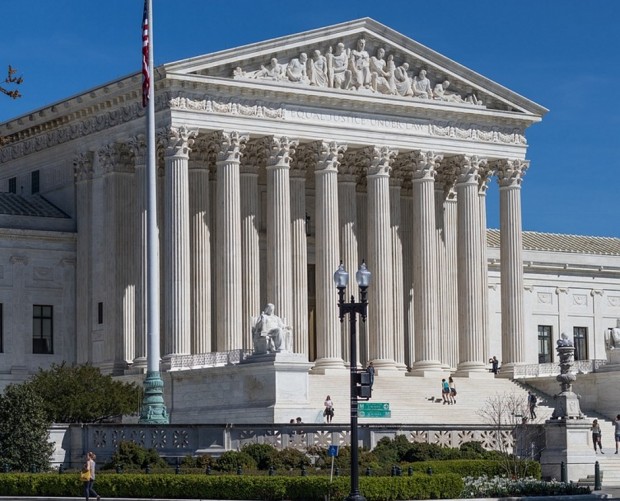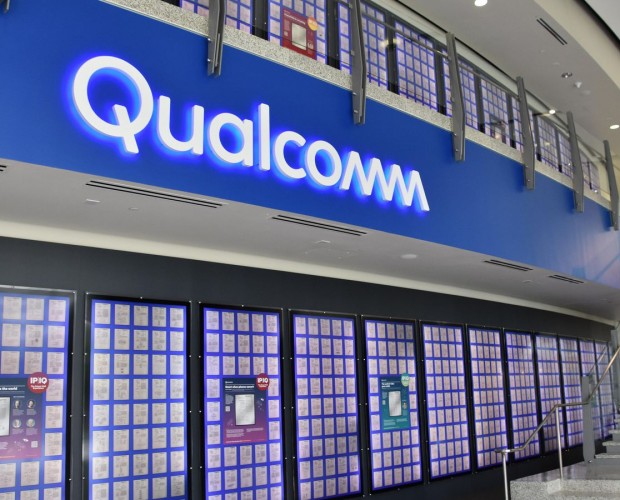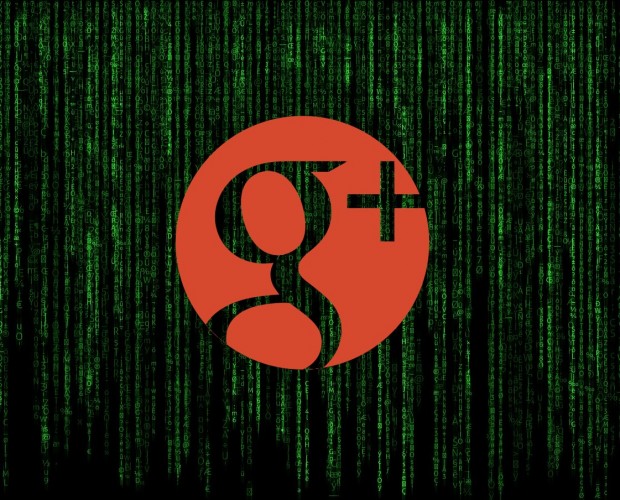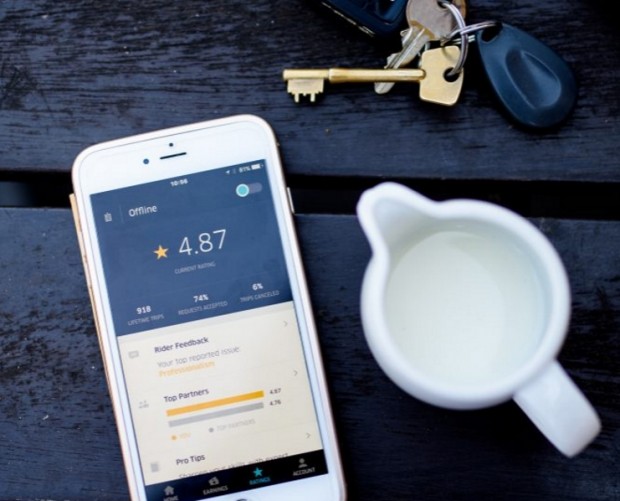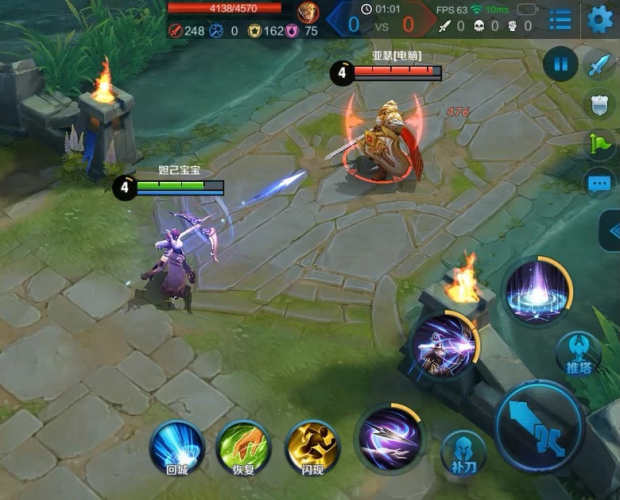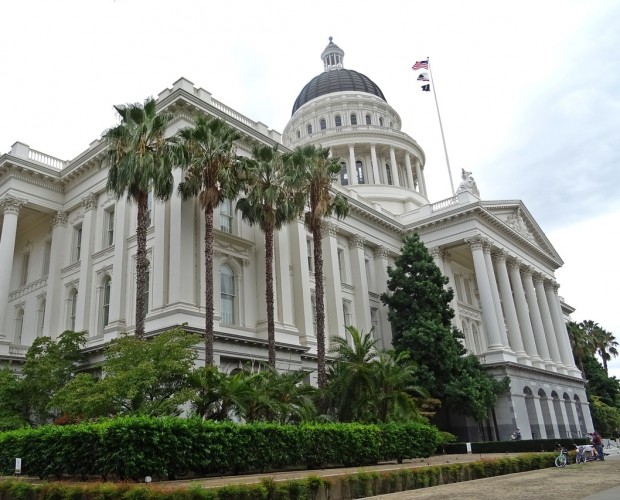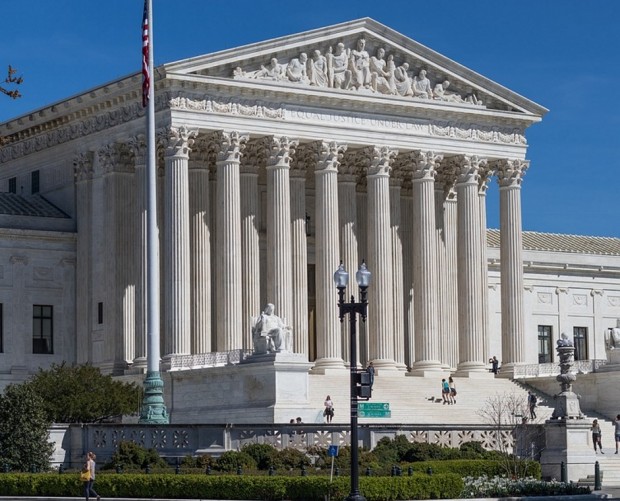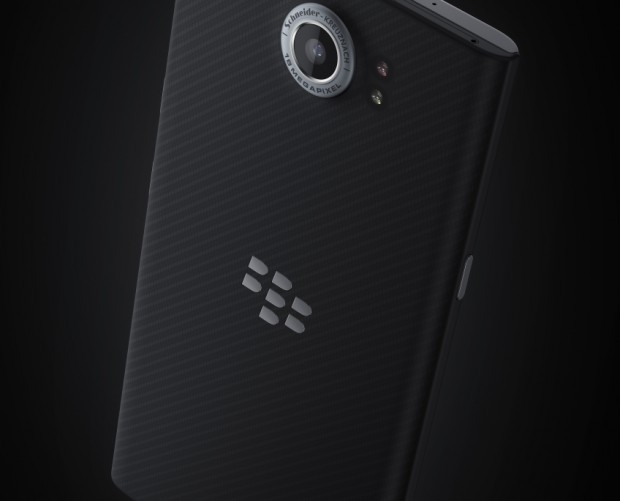HTC and Apple Settle Two Year Patent Dispute
- Monday, November 12th, 2012
- Share this article:
 HTC and Apple have reached a global settlement, ending 32 months of litigation in Europe and the US, dismissing all current lawsuits, and agreeing a 10-year licence on existing and future patents.
HTC and Apple have reached a global settlement, ending 32 months of litigation in Europe and the US, dismissing all current lawsuits, and agreeing a 10-year licence on existing and future patents.
The deal will allow both companies to use each other’s patented products, but the agreement looks to be weighted in Apple’s favour, as it holds many thousands more patents than the Taiwanese manufacturer and is rumoured to have asked for a per-device payment.
Microsoft reached a similar arrangement with HTC and Samsung in 2010 on infringements of the Linux-based OS Android runs on. If these agreements are based on a per-device deal, HTC could be paying out around 10-20 per cent of each handsets selling price in royalties.
This recent settlement could also set a precedent for other devices running on Android, including Samsung.
Informa comments
 “All Android manufacturers are in trouble with Apple and with Microsoft for various patents,” says Malik Saadi, a principal analyst with Informa Telecoms & Media. “The bottom line for HTC is that it’s not Samsung, it’s not Google. Firstly, they don’t have enough patents to trade. Secondly, HTC is not a tycoon company, it is still a small OEM and getting into a long-term trouble on patents in a landscape that they are not strong enough to fight in means they have vested interest in finding a compromise.
“All Android manufacturers are in trouble with Apple and with Microsoft for various patents,” says Malik Saadi, a principal analyst with Informa Telecoms & Media. “The bottom line for HTC is that it’s not Samsung, it’s not Google. Firstly, they don’t have enough patents to trade. Secondly, HTC is not a tycoon company, it is still a small OEM and getting into a long-term trouble on patents in a landscape that they are not strong enough to fight in means they have vested interest in finding a compromise.
“I think it is very wise for HTC to concede – it will encourage them instead of giving money to lawyers to focus on innovation and invest more in R&D.”
Thats certainly the line in the companies joint public statement, with Apple CEO Tim Cook and HTC CEO Peter Chou both saying the settlement means they can focus on innovation.
“I doubt this is the beginning of the end for Android,” continues Saadi, “although it has got a number of other weaknesses, of which the legal battles are just a small part. For HTC, the future could depend on the success of Windows Phone 8. If they play a balanced part in between Windows and Android, Microsoft will protect them from software patent issues, which isnt the case with Android.”





